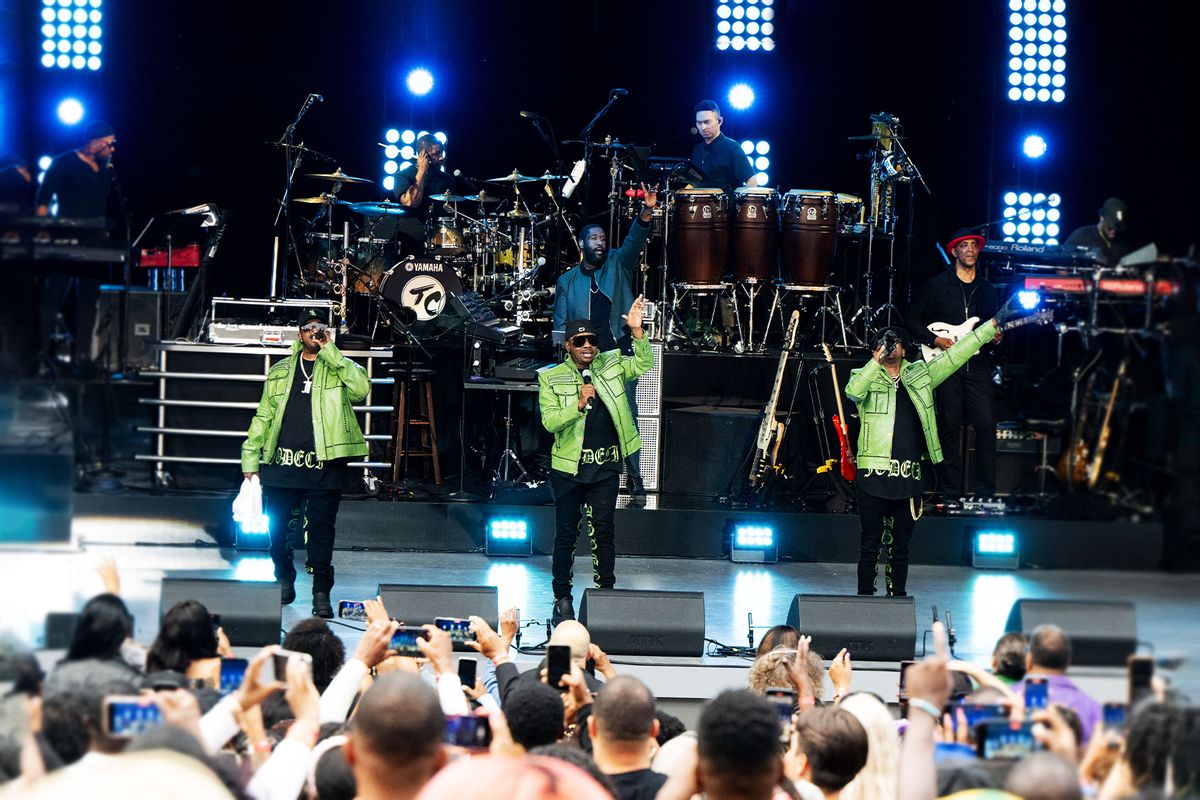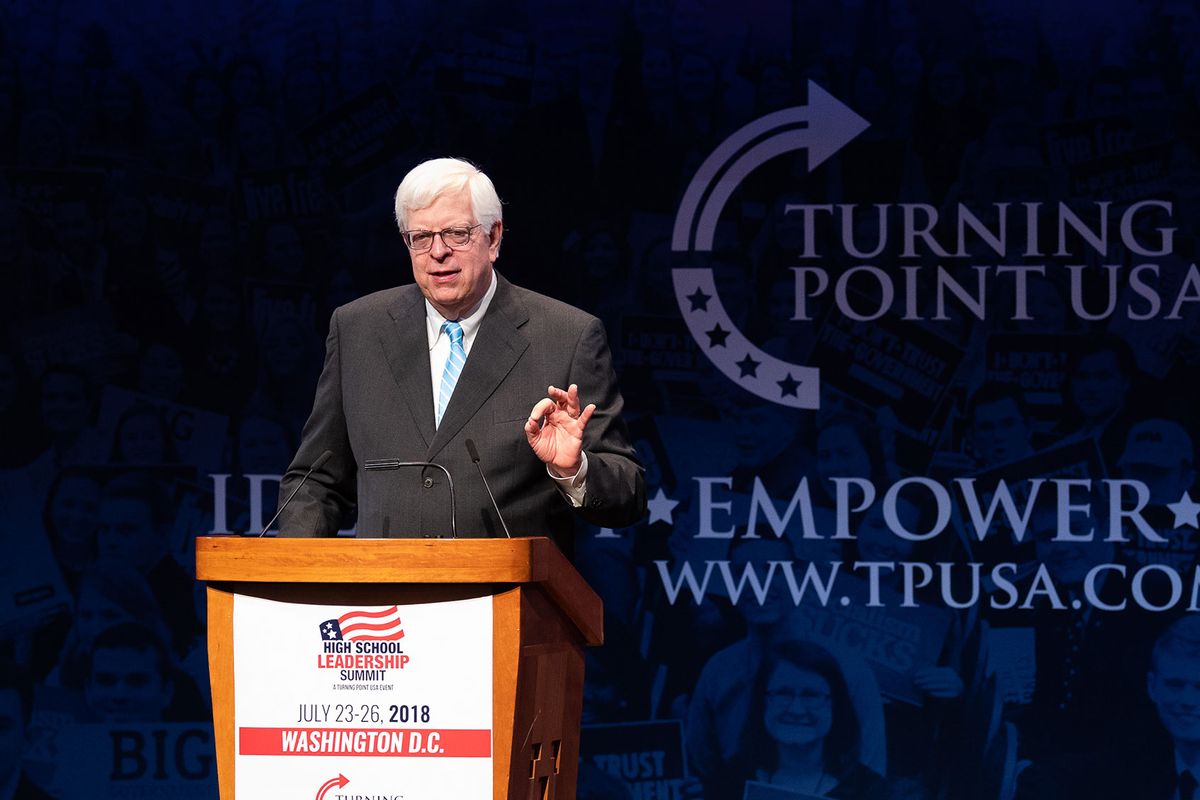- Today’s lead article is about those of us who dislike attending pop concerts, even of singers and bands we otherwise admire and adore;
- Then, about PragerU; the “lost boys” on the American Right; and Lukianoff & Haidt’s book about Coddling, which I’m still reading my way through.
- And the leading track from Philip Glass’s Powaqqatsi.
Why I don’t like attending concerts. Of pop singers, I should say; I’m fine with classical concerts.

Salon, D. Watkins, 13 Aug 2023: You don’t love live shows: I have questions for concertgoers who record everything, subtitled “I used to think I was the only one who detested attending concerts, but your actions show I’m not alone”
The writer begins:
I can be very honest about how I feel about concerts, but it’s time for those who record entire shows to share their true feelings as well.
In full transparency, nothing about this article is satirical. I hate concerts. I know, as a Black man who grew up in the ’90s, which is often referred to as the Golden Era of Hip-Hop, I’m supposed to love concerts. I should have a collection of Black Moon and Wu-Tang t-shirts and Tupac and Biggie bobbleheads next to a photo album with laminated copies of my first Jay-Z tickets. Well, I would’ve saved my Jay-Z tickets if I could go back in time; he’s the exception not the rule, but other than that, I can’t stand concerts.
His core reasons are ones I sympathize with.
I don’t like the crowds. The struggle to find parking takes years off of my life. The seats are always too tight, even in the VIP section, and the overpriced food sucks, the overpriced drinks suck, and every line is so long. Ridiculously long – like, how long does it take to buy and serve chicken tenders and canned margaritas? And this isn’t the worst. The parking, food and drink doesn’t compare to the etiquette of so-called concert lovers, who always feel a need to venture away from the seats they paid for.
Then he goes on with other reasons: someone is always in his seat when he gets there; songs sound better through streaming than live through super loudspeakers; he doesn’t understand why people record the entire event on their phones (do they ever rewatch those videos?).
In my case, the crowds and excessive volume are the biggest issues.
In my entire life, again not counting symphonic or chamber music or even opera performances, I’ve been to only six or eight pop concerts. Which ones? Let me think. Elton John at the Forum in LA (yikes — now called the Kia Forum); Crowded House at the Universal Amphitheatre also in LA; Tracy Chapman at the Greek Theatre in LA; all of these back in the 1980s or ’90s. Later, in the 2000s with my partner, Rufus Wainwright at the Hollywood Bowl, and in the 2010s, Emmylou Harris at the Concert Hall, now called The Soraya, on the Cal State Northridge campus, where I worked on a graduate degree in computer science without actually finishing. And that’s about all.
My issue came to be that, even when these artists sang their catalog of heartfelt, moving songs, they would always end the concert with some over-the-top production number obviously intended to get the audience on their feet for a big grand finale. Even Tracy Chapman! I hated that. It rubbed me the wrong way, the way I cannot stand very noisy, very crowded restaurants either.
And so there are plenty of musicians whose music I’ve adored, like Bruce Springsteen and Radiohead and R.E.M. and many others, whose concerts I’ve never attended, or even tried to, because I didn’t want to endure their whipping the crowd into a frenzy at the end. Or the crowds, the parking, the sound volume.
Classical concerts are no problem. They are very civilized. Whereas pop concerts I’ve come to group with political rallies and religious congregations as things to be avoided lest one succumb to mob mentality. Which is not civilized.
I realize I’m in a small minority here. Or maybe not, according to this article. My own stepson and his wife were in San Jose, from LA, just a couple weeks ago, to hear Taylor Swift, and said they had a blast. (Though I don’t think I would recognize a Taylor Swift song if I heard one. I’m old, and completely out of touch with pop music.)
\\\
Now, back to political business.
Apparently Florida is employing videos from PragerU (which is not actually a university) for instruction in its classrooms.

Salon, Chauncey DeVega, 14 Aug 2023: The PragerU goal: “Indoctrinate kids at a young age into a far-right belief system”, subtitled “What Ron DeSantis wants to teach kids: Racism and inequality don’t matter, and politics can’t solve injustice”
What continues to astonish me is how the political right worries obsessively about “indoctrination” by the left — which to seems to me merely like allowing people to live the lives they prefer, not one dictated by the government — while pursuing their own indoctrination, of their conservative religious agenda from the right.
Is this projection? Hypocrisy? Something deeper than that, I suspect; they don’t see it.
The article begins:
Since at least the 1960s, the American right has worked to create a parallel set of civil society institutions: think tanks, interest groups, foundations, educational institutions, many forms of media, churches and religious communities and much more. Their ultimate goal all along has been to transform American society to fit their vision.
Liberals, progressives, and others who believe in a genuine democracy and humane society have no comparable network of institutions.
The right-wing social engineering project is predicated on such ambiguous concepts as “traditional” American values and untrammeled “freedom,” which in practice means a society dominated by the moneyed classes and specifically by white Christian conservatives. In an increasingly global, pluralistic, and diverse society, that goal is clearly antithetical to democracy and the long-term health of the nation.
Because leading figures on the right understand that time and changing demographics are not on their side, in response their plan is to capture the hearts and minds of young people, who they can then develop into the future leaders and foot soldiers for their counterrevolutionary project.
As seen in Florida and numerous other states, PragerU, the powerful right-wing media, advocacy and pseudo-educational organization, is playing an integral role in that project. PragerU is clear in its mission, which it describes as being “a free alternative to the dominant left-wing ideology in culture, media, and education.”
The bulk of this piece is an interview with a writer for Media Matters for America about the origins and worldview of PragerU.
Get ’em to us while they’re young, as the Catholic Church has said, and they’ll be ours forever.
\\
Related to this is a theme of the book I’m currently, slowly, reading, as mentioned a couple times recently, The Coddling of the American Mind by Greg Lukianoff and Jonathan Haidt, in which two of their three Great Untruths are that people, children especially, are fragile, and must be protecting from everything remotely damaging; and that life is a simplistic battle between good and bad people. (The same black and white, no shades of gray allowed, perspective I’ve been warning against here for years.)
\
And here’s yet another example those Great Untruths in play.

NY Times, David French, 13 Aug 2023: The Lost Boys of the American Right
The essay begins:
It keeps happening. Since the ascendance of Donald Trump, with depressing regularity, right-wing men have been outed for using the most vile rhetoric. In private chats and sometimes in full view of the public on social media, they’ll engage in blatantly racist, sexist and homophobic speech, flirt with fascist imagery and then often disavow their words and actions the instant they’re caught.
The examples are legion, and they’re not coming from fringe outlets on the American right.
Examples follow. French says he could fill an entire column with such examples.
What is going on? Why are parts of the right — especially the young right — so infested with outright racists and bigots?
Some readers might respond to my question with a question: Why am I surprised? The right has always been infested with racists and bigots, you might argue. Yet while I freely acknowledge that there was more racism on the right than I was willing or able to see before the rise of Trump, there has been a distinct change in young right-wing culture. It is dramatically different from what it was when I was in college, in law school and starting my legal career.
French seems to be a traditional Republican who thinks the conservative movement has jumped the shark.
I see a movement in the grip of some rather simple but powerful cultural forces. Hatred, combined with masculine insecurity and cowardice, is herding young right-wing men into outright bigotry and prejudice. Contrary to their self-conception, they’re not strong or tough or courageous. They’re timid sheep in wolves’ clothing, moving exactly where the loudest and most aggressive voices tell them to.
And he discusses a movement called “no enemies to the right,” which is pure black and white thinking about who to acknowledge as enemies or followers.
In their minds, the left is so evil — and represents such an existential threat — that any accommodation of it (or any criticism of the right) undermines the forces of light in their great battle against the forces of darkness. Attack the left in the most searing terms, and you’ll enjoy the thunderous applause of your peers. Criticize the new right, and you can experience a vicious backlash. The result is a relentless pull to the extremes.
This of course is what Trump and DeSantis are doing. It’s more simple-minded black and white thinking, a disengagement from reality, an appeal to basic tribal thinking, us vs. them.
\\\
The first and perhaps best track from Philip Glass’s score for Powaqqatsi, the second in the trilogy of films by Godfrey Reggio, following Koyaanisqatsi and preceding Naqoyqatsi.





